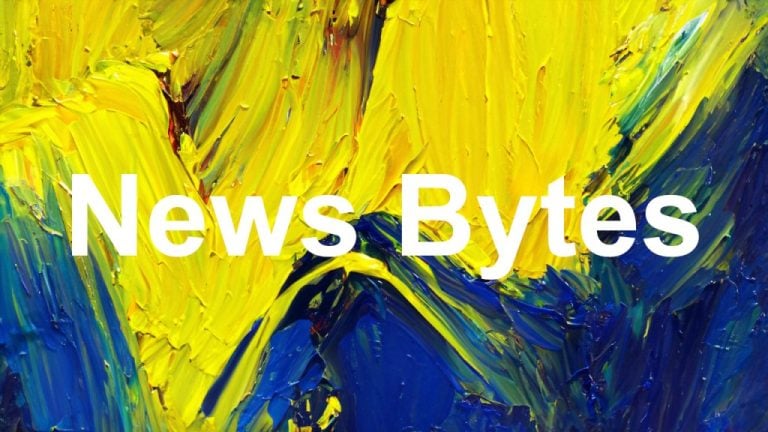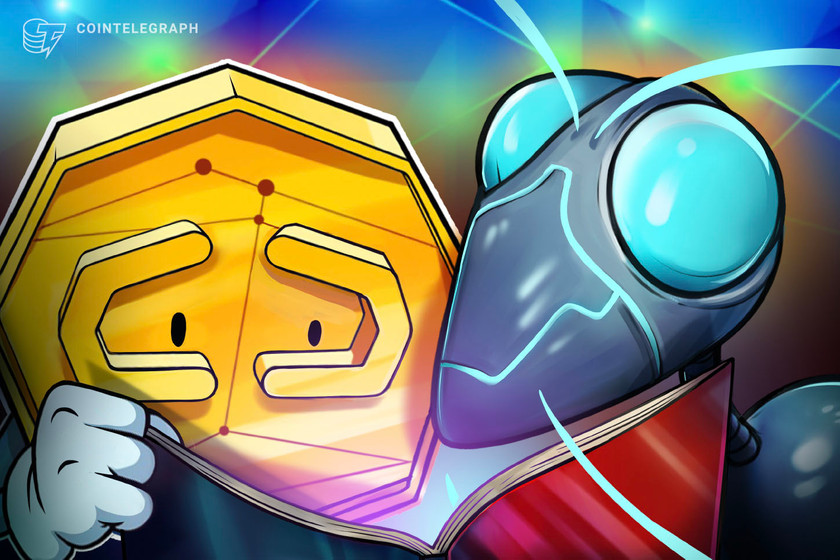
Nearly 1,000 NFTs have been put on Ethereum by Germany’s Federal Intelligence Service in its quest to recruit blockchain talent for the agency.
Germany’s foreign intelligence agency, the Bundesnachrichtendienst (BND), has launched a dog-themed nonfungible token (NFT) collection with an on-chain treasure hunt aimed at recruiting cyber talent.
Earlier in June, the Federal Intelligence Service launched its “Dogs of BND” collection — 999 dog NFTs inspired by BND’s guard and security dogs as well as “different intelligence roles.”
According to the BND’s website, the NFTs are only collectible by finding a character string that it posted on Instagram and which points to an Ethereum address. The cyber talent would need to use that information to find the collection and be eligible to mint an NFT.

On June 19, the BND spoke to the German crypto outlet BTC-Echo; the agency said it created the collection and challenge to try to find cybersecurity talent.
Twelve of the NFTs aren’t up for grabs in the collection yet. The BND said its planning more difficult challenges in the future with these tokens as the prize.
BTC-Echo reported the BND was considering a smart contact hacking challenge.
Since the collection has received more attention, the floor price and trading volumes of the NFTs have skyrocketed.
Related: Watch out, Ordinals — 30,000 ‘Ethscriptions’ land on Ethereum
Between June 21 and June 22, the floor price jumped from 0.000001 Ether (ETH) to 0.052 ETH, worth about $100.
Despite the significant jump in value, the liquidity on the collection is still quite low. On June 21, the collection saw a total volume of around 1 ETH, which suggests only around 20 or so NFTs were sold by collectors.
NFT Creator: ‘Holy shit, I’ve seen that!’ — Coldie’s Snoop Dogg, Vitalik and McAfee NFTs

















